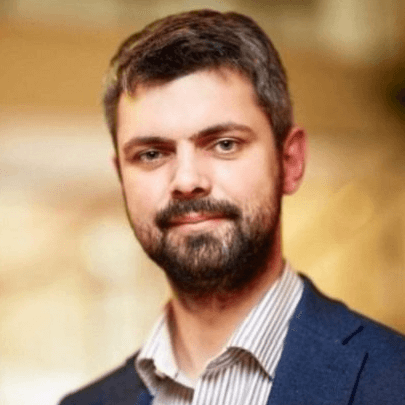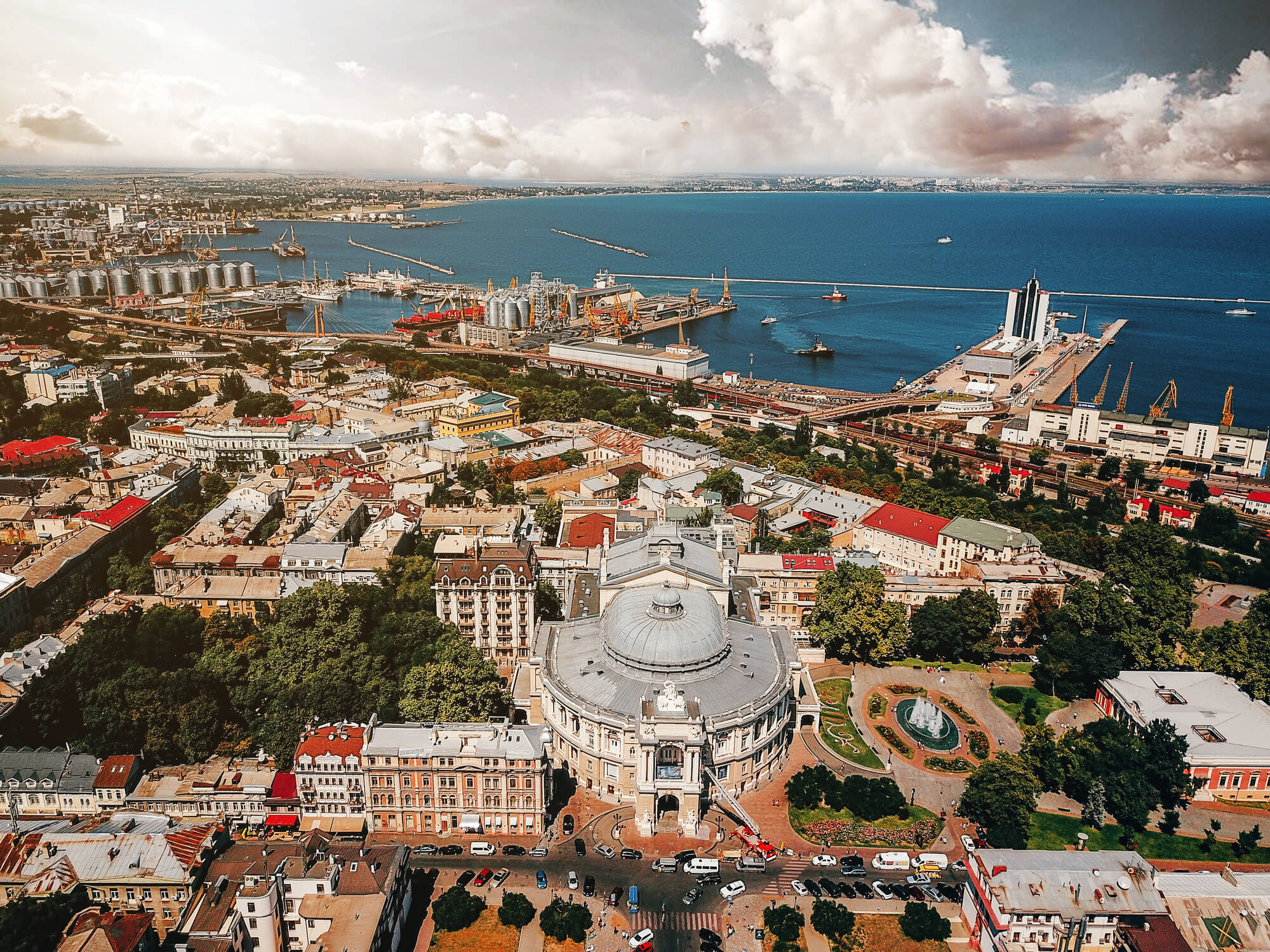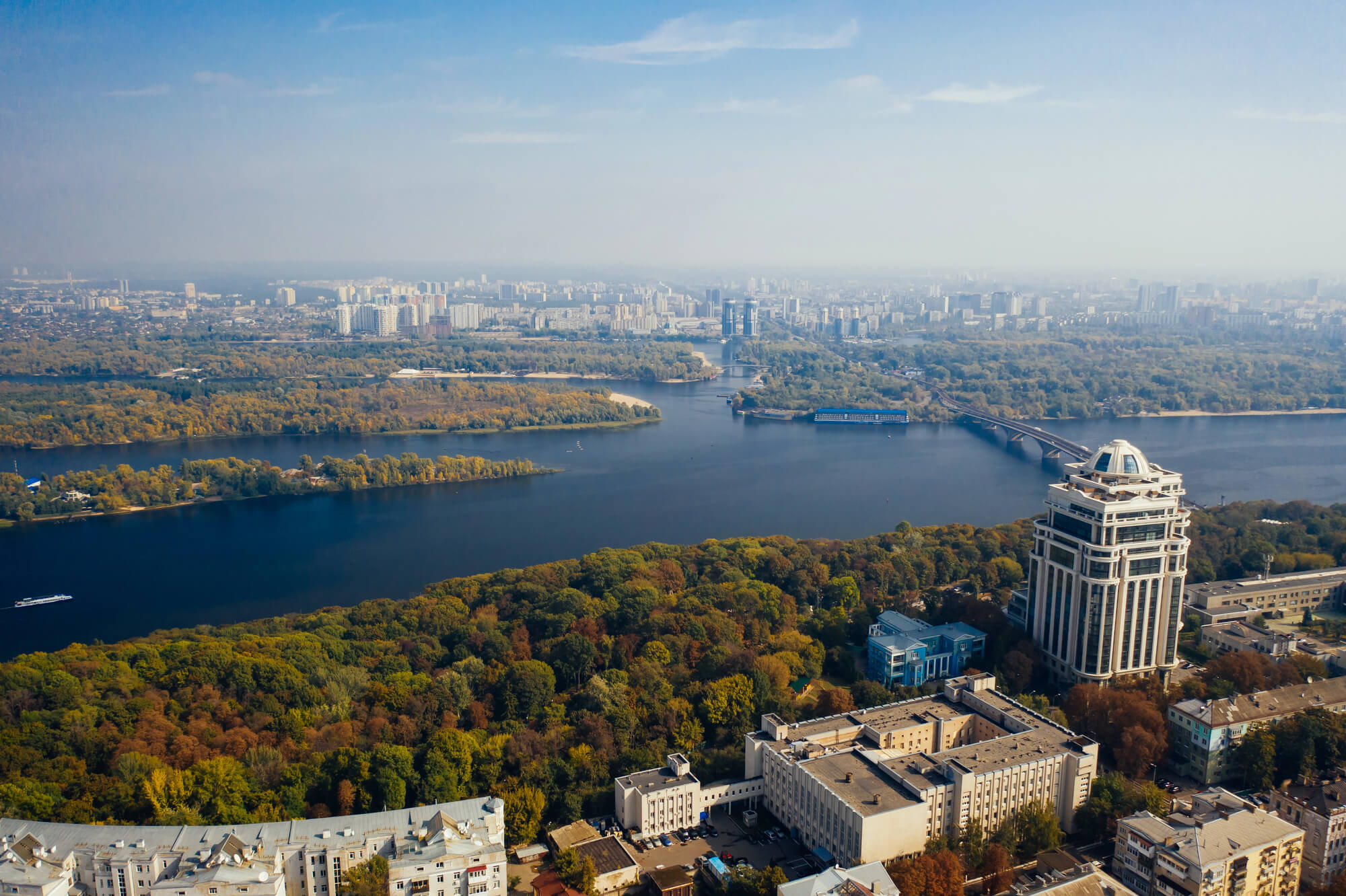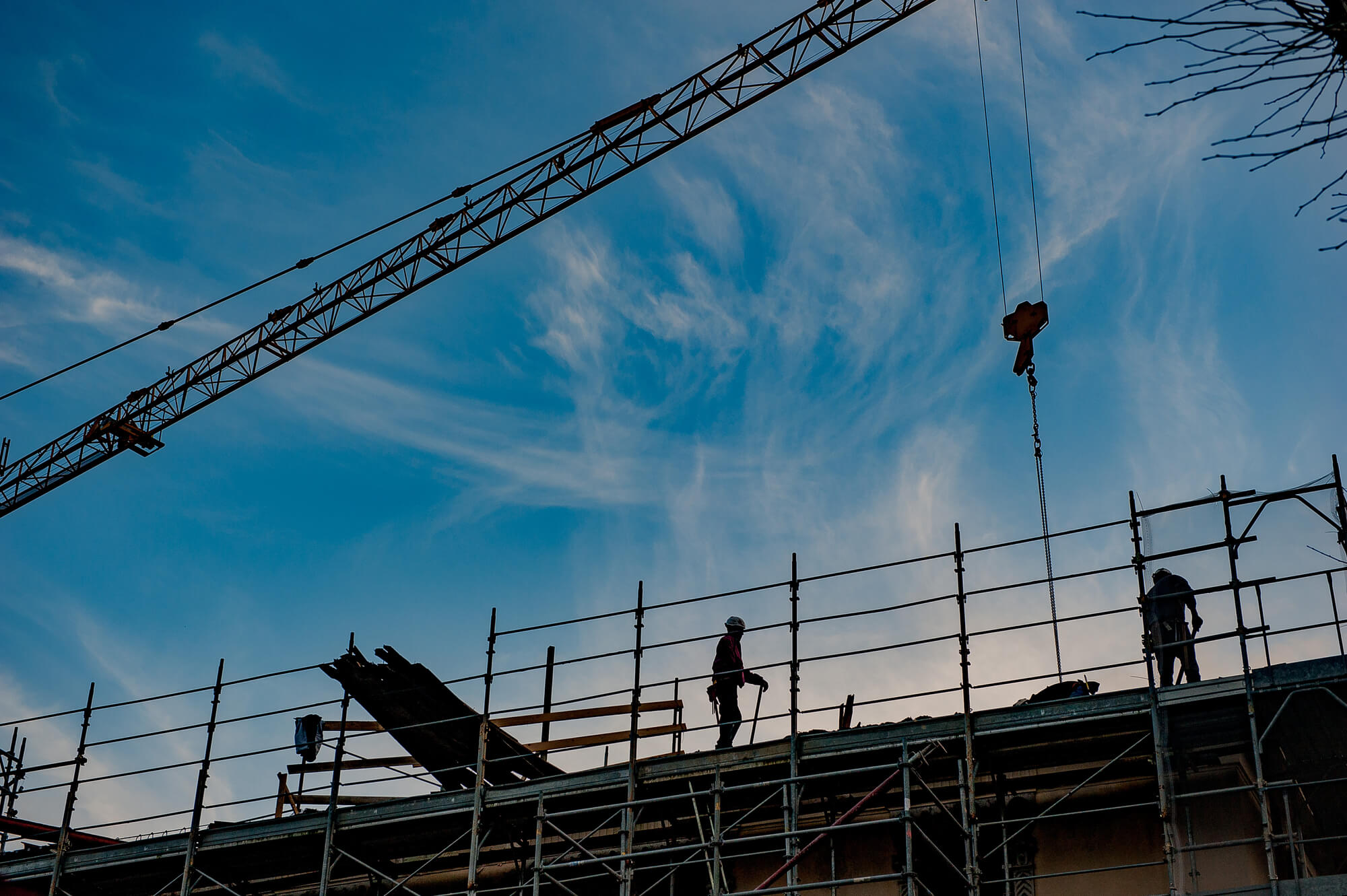Anton Drobovych, a military member and the head of the Ukrainian Institute of National Memory, participated in the international conference ”Reconstruction of Ukraine: About People and For People,” which was organized by Vox Ukraine with the support of the National Endowment for Democracy (NED)
What Ukrainians are like now
There are at least four major groups that make up the puzzle of Ukrainian society. Firstly, it’s the military and those involved in the defense forces – there are over a million of them. The second (and the largest in terms of numbers) group consists of Ukrainian citizens who have remained on Ukrainian territory during the war and actively supported the army, contributed to the country’s development, and resisted the aggressor. The third group includes people who have left the country, around 5-8 million. The fourth group comprises Ukrainians who find themselves in temporarily occupied territories, whom we will return after liberating those areas. This is several million people. We need to understand that the new social contract that we will establish after the war must take into account all four groups, as they are all powerful and distinct in terms of diversity, expectations, and practices.
This war has helped us clarify many issues. It has allowed us to gather our thoughts and reaffirm our values. I see three core values that define us as a community effectively fighting against evil and injustice: freedom, justice, and solidarity. A mix of these values can become our national idea – one that truly resonates with Ukrainians. Achieving it, on the one hand, comes at a significant cost and sacrifice, but on the other hand, it is a great fortune.
Thank you to Alina Krupyanyk, a Reform Index project assistant, for transcribing the speech.
The demand for justice has resonated with Ukrainians for centuries. It shapes a profoundly emotional and value-driven experience and, to put it mildly, irritation over the absence of an effective system of global (planetary) justice.
The policy of transitional justice and a just peace must necessarily include an assessment of what individuals did during this war. This is needed not only for the legal identification of those who committed crimes, behaved improperly, or facilitated the occupation regime but also to honor those who did everything possible for us to achieve victory.
Solidarity is the thing that has helped us stay together and navigate through a series of revolutions and societal changes. In 2014, we swiftly transitioned from the Revolution of Dignity, where solidarity was one of the key discoveries and a source of strength and inspiration to the war with Russia. Initially, it was a local war, but it was only “local” because, thanks to solidarity, our society did not crumble at the first push from Russia: the temporary occupation of Crimea and certain districts of the Donetsk and Luhansk regions. In 2022, during Russia’s full-scale offensive, solidarity ensured long lines at territorial recruitment centers (formerly military commissariats), civilians stopping military vehicles, and mutual support. This solidarity was further channeled into powerful volunteer movements.
In the event of victory and the normalization of the global system, assuming that our war and other ongoing conflicts do not escalate into a worldwide conflict – “third world war” – our country’s reconstruction could indeed become a specific focal point for our efforts and national idea. We have physically lost a vast number of populated areas, many of which no longer exist. We have lost a significant number of people. We will be reshaping the world we live in. This is the component that was sorely missing in numerous discussions about the Ukrainian national idea in the past.
We can apply this value framework to concrete activities such as reconstruction. It will pertain to logistics, construction, energy, agriculture, the economy, education, and more. Therefore, we can “design our own blueprint” without inheriting the twisted legacy of a totalitarian system in the form of a post-planned economy and a post-totalitarian society and build a new society with new cities and new social interactions.
The five main challenges today
Both now and during the post-war reconstruction, our society faces significant challenges. Among the key challenges I see are:
The demand for justice. This is a very broad issue that relates to the fair assessment of contributions to victory, the reintegration of temporarily occupied territories, and separatists. If this challenge is addressed, it will evolve into a sound policy of transitional justice and a just peace that will balance the country, facilitate the reintegration of various regions as well as people returning from abroad, and ultimately allow us to create a society where peace and equilibrium are found.
If we do not respond to this challenge, we will face a massive amount of conflicts and disputes that could potentially destabilize us from within.
Population decline. It is evident that our population has significantly decreased: 5-8 million people have left the country, a vast number of people (we do not have precise numbers) have perished during the war, and millions are currently in temporarily occupied territories. The wrong response to this challenge would be to leave everything as it is, as it could turn Ukraine into a declining nation. However, this challenge is not a verdict. For us, there are at least two ways to overcome it. The first option is a policy of moderate isolationism, where we would have around 25-30 million people. In this scenario, we would reform the economy, increase automation in production, and have a vast country with a relatively small population. Both the government and society would work on demographic issues. The other approach is a hospitality policy on our own terms, where we would establish clear rules for those who want to become residents of one of the most powerful countries in the world after victory. We would define how much human capital we are willing to accept, under what conditions, and what rules would apply to new residents of the country.
A large army of veterans. After the war, the Ukrainian military will be one of the most capable in the world. It will be a formidable force of people who know how to fight, understand the value of life and death, possess weapons, and can use them. If we do not address this challenge, it could potentially lead to a military dictatorship, gang wars, or something similar. However, this potential can also serve as the foundation for developing new defense policies or a new military doctrine. We can draw on the experience of France, which has the Foreign Legion. We can use the Ukrainian military as a basis to create new planetary security forces and reform the United Nations.
An imbalanced system of international relations and rules. We will enter a post-war world where the rules of the game will change. Victory over Russia and its allies signifies a victory over a coalition with specific values. This victory will mean that one group of countries defeated another group of countries, and the existence of the conflict itself indicates that the previous system did not work. Therefore, after the war, we will have an even more imbalanced international relations system. If we leave everything as it is, chaos and a war of all against all may occur on the international relations level, along with the complete degradation and devaluation of the United Nations. On the other hand, together with our allies, we can use this challenge to propose a different set of values for the world, a new architecture for global order and security, one that is better than what we have now.
Destroyed cities and altered natural environments. If we succeed in creating an inclusive policy of social integration and developing measures for an economic leap, we can transform the areas of destroyed cities and ecosystems into new, convenient, and efficient spaces, ultimately building an effective country. Inclusive social integration will also be required for the military. A significant portion of those who will return have currently fallen out of economic processes. Some enterprises and industries where they worked have ceased to exist physically. Now, this represents over a million people, and their total number will depend on the duration of the war. If we fail to successfully integrate them, it will result in a large population of people who will not find their place in life. However, if we can integrate them effectively, they can become productive forces capable of creating something new and strengthening sectors that will be in demand after the war, such as logistics, construction, energy, agriculture, military technologies, psychology, education, and other fields.
Attention
Автор не є співробітником, не консультує, не володіє акціями та не отримує фінансування від жодної компанії чи організації, яка б мала користь від цієї статті, а також жодним чином з ними не пов’язаний



